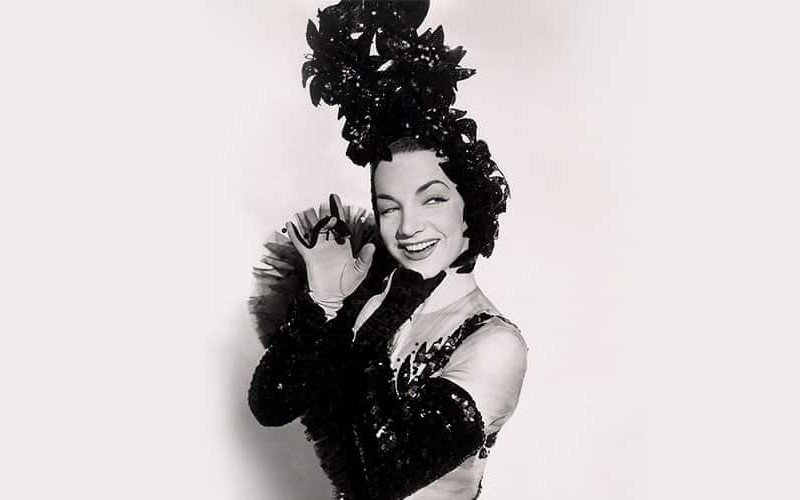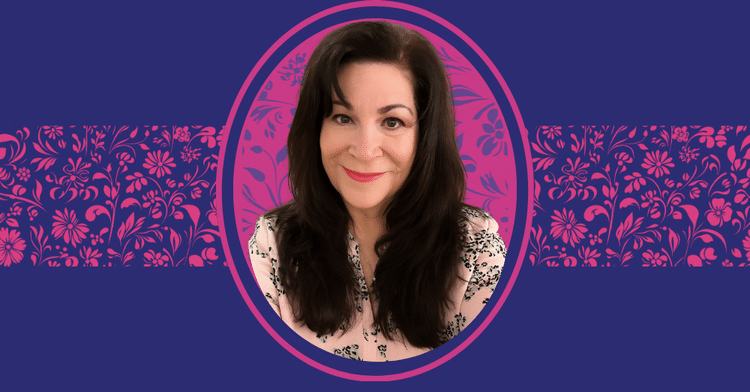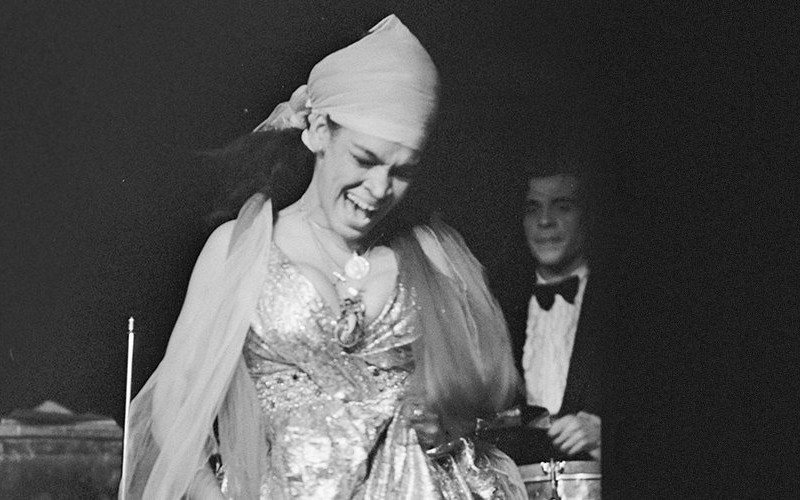Pride and Power: LGBTQ+ Latine Celebs Changing the Face of Hollywood
Shining the spotlighting on LGBTQ+ Latina celebs who are smashing stereotypes and seizing the narrative in Hollywood.

The push towards equality and visibility for the Latino LGBTQ+ community in the media has been relentless and ongoing. As a result, some progress has been made and Latina LGBTQ+ celebrities are louder than ever. These figures contribute to the community with pride and power by openly speaking about their identities. They also contribute to creating safe spaces within the entertainment industry by engaging in discussions that shatter stereotypes and nurture inclusivity. They’ve walked through doors that didn’t exist before and are leaving them open for the next generation. To celebrate that, we shine a spotlight on 10 LGBTQ+ Latine celebs changing the face of Hollywood:
Tessa Thompson
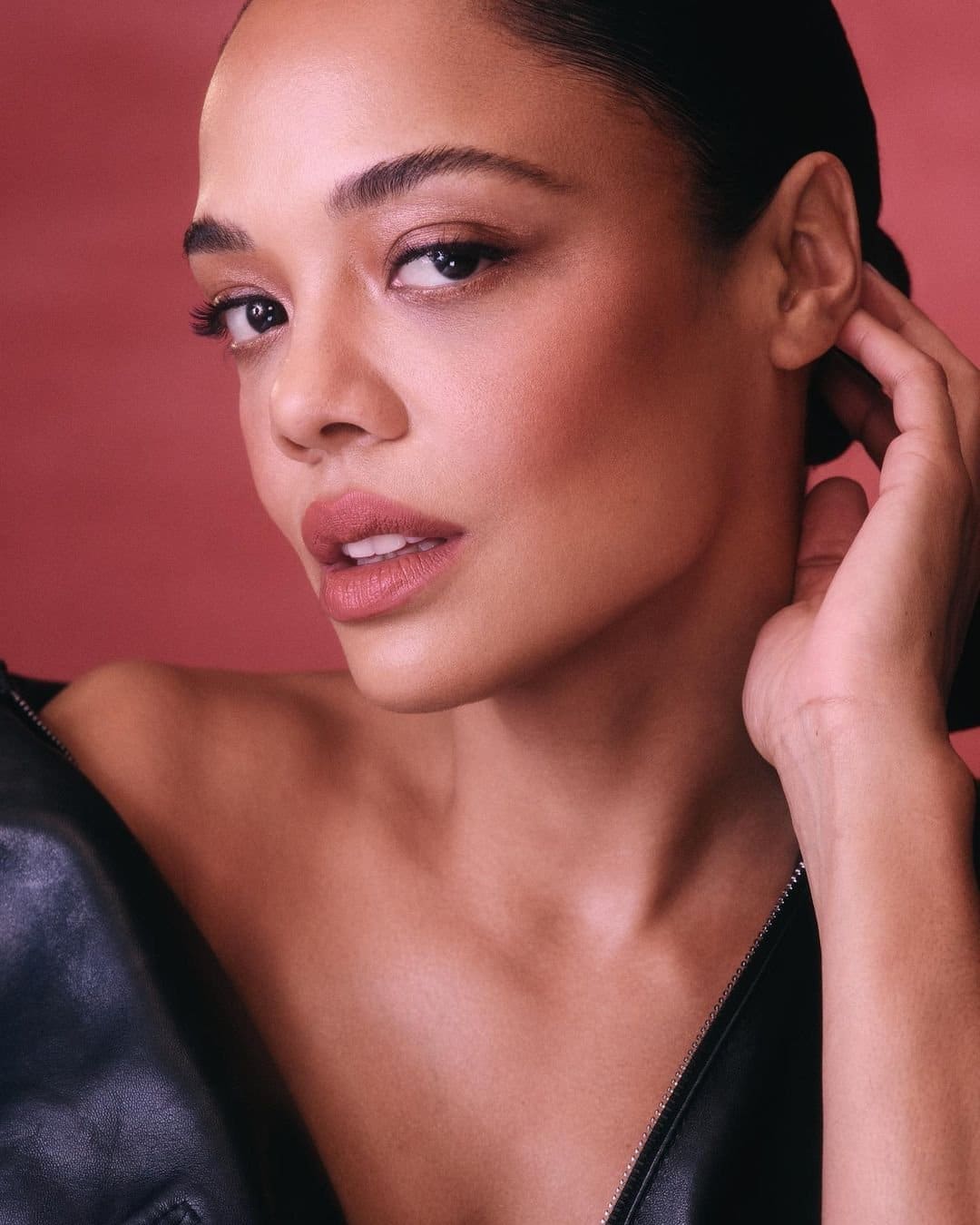
Tessa Thompson is an Afro-Panamanian actress who has earned widespread recognition for her performances in films like “Creed” and “Thor: Ragnarok.” Thompson is open about her bisexuality and uses her platform to advocate for LGBTQ+ representation in the entertainment industry. Her role in “Thor: Ragnarok” is considered a landmark because Valkyrie, the character Thompson plays, is one of the first explicitly queer characters in the Marvel Cinematic Universe.
While the explicitness of Valkyrie’s bisexuality was contested when the movie was released, Thompson has confirmed and embraced this aspect of the character. Thompson has been a consistent champion of diversity and she has been very open about the kind of projects she wants to work on. In 2018, she told the Press Association, “I want to show up on set and have it look like the world I walk around in every day, which is full of women, and people of color, and folk with disabilities. I want to make content that feels like that both on camera and off it.”
Indya Moore
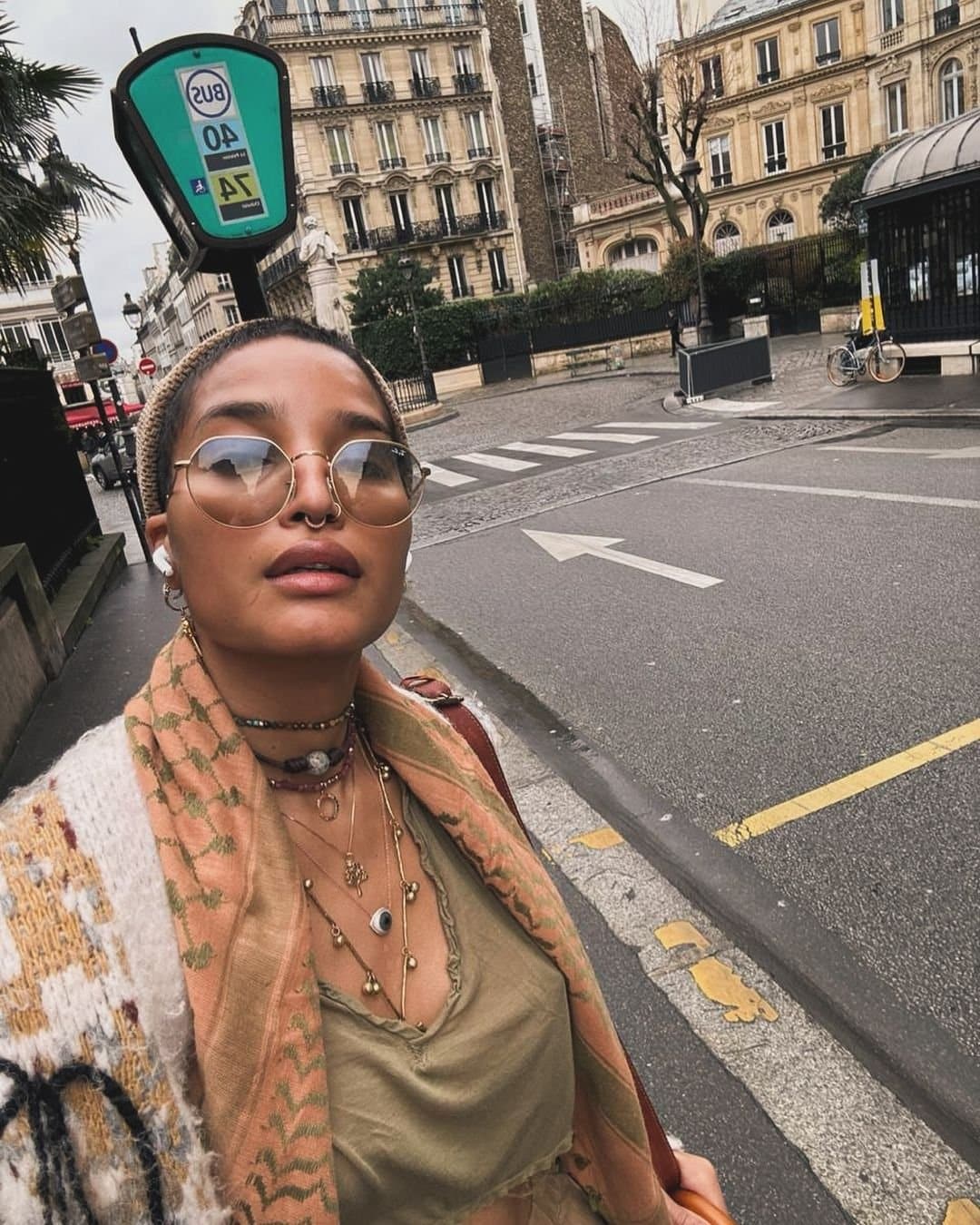
Indya Moore is an Afro-Taíno, trans, nonbinary actor and model who goes by they/them and she/her pronouns. They’re of Haitian, Puerto Rican, and Dominican descent and rose to popularity due to their role as Angel Evangelista on the FX Series, “Pose.” Moore’s upbringing wasn’t ideal; they had to leave home to escape their parents’ transphobia and enter foster care. They rose to life’s challenges, though, and eventually pursued a career in modeling. Moore worked with brands like Gucci and Dior, but they became disappointed in the industry’s focus on body image.
That’s when they decided to get into acting and their first big project was the indie film “Sunday Church,” which premiered at the Tribeca Film Festival 2017. Their talent got attention and, that same year, they were cast in “Pose.” In 2019, they were featured on Time’s 100 Most Influential People. Since then, they have appeared in films like “Escape Room: Tournament of Champions” and “Aquaman and the Lost Kingdom.” With a desire to “fight for those who cannot fight for themselves,” as reported by L’Officiel in 2021, Moore consistently uses their platform to amplify marginalized voices and bring attention to issues like trans rights and racism.
Aubrey Plaza

Aubrey Plaza, of Puerto Rican and Irish descent, is widely known for her role as April Ludgate on the hit NBC sitcom “Parks and Recreation.” Plaza publicly came out as bisexual in 2016, stating in an interview with The Advocate, “I know I have an androgynous thing going on, and there’s something masculine about my energy. Girls are into me — that’s no secret. Hey, I’m into them too. I fall in love with girls and guys. I can’t help it.”
Plaza has been an outspoken advocate for the LGBTQ+ community ever since. By openly discussing her bisexuality, she has helped increase visibility and eliminate the stigma associated with non-heterosexual orientations. Her portrayal of queer characters, like in the film “Happiest Season,” also provides much-needed representation and adds to the authenticity of LGBTQ+ characters in media. In 2022, she starred in “The White Lotus” and was nominated for a Primetime Emmy Award and a Golden Globe Award. A year later, she was featured on Time’s 100 Most Influential People, and her star continues to rise.
Ariana DeBose
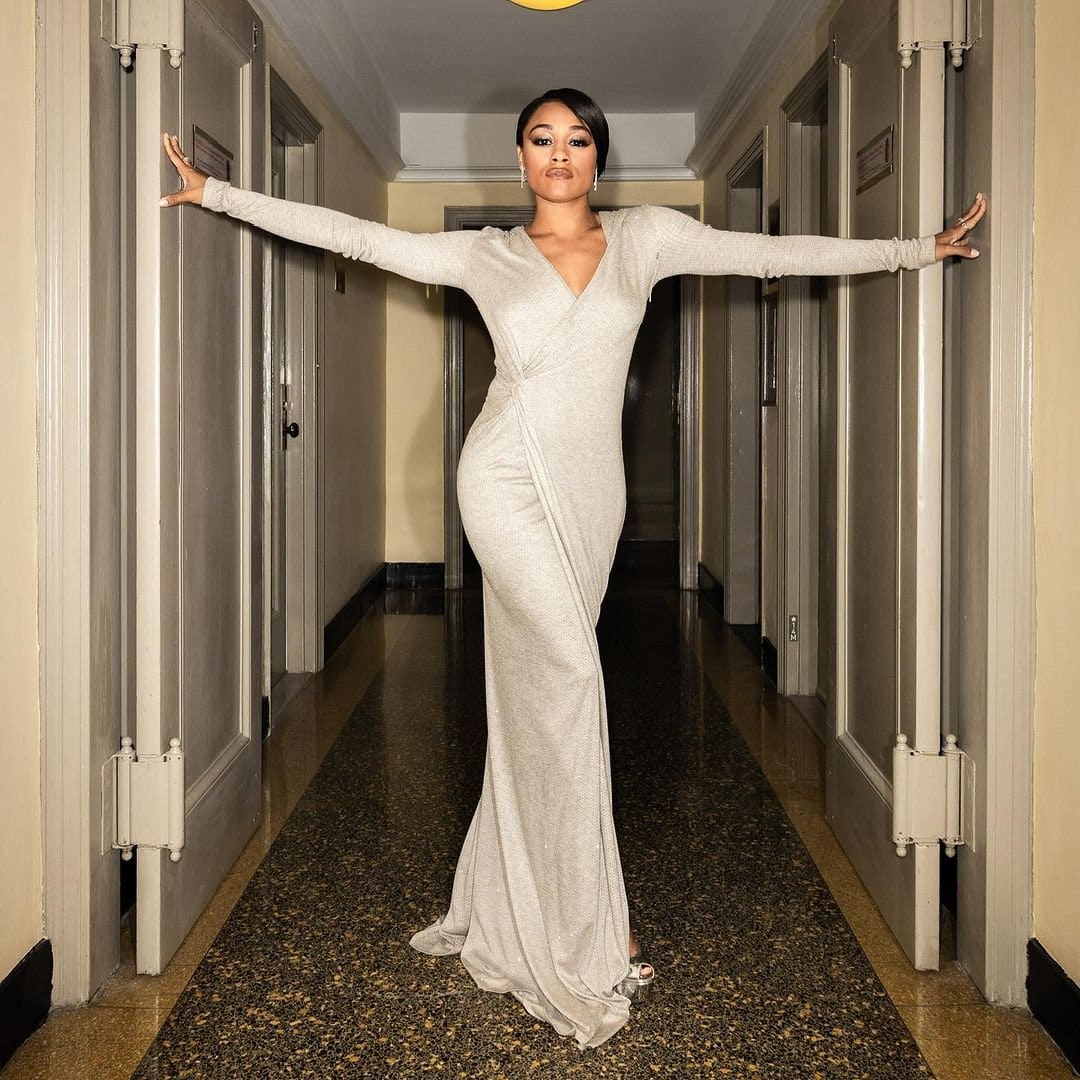
Ariana DeBose is a talented actor, singer, and dancer of Puerto Rican descent. She’s celebrated for her versatility and for her advocacy. As an openly lesbian Latina in the industry, she provides much-needed queer Latino representation and her journey is an inspiration to many who dream of making it in Broadway and Hollywood. DeBose’s career started on Broadway, performing in productions like “Hairspray,” “Hamilton,” and more. She had her breakout role in “Summer: The Donna Summer Musical,” which earned her a Tony Award nomination.
Her film career includes roles in “The Prom” and “Schmigadoon!” But it was her role as Anita in the 2021 film adaptation of “West Side Story” that shot her into stardom. Her performance led her to win the Academy Award for Best Supporting Actress, making history as the first openly queer Latina to get the honor. As an activist, DeBose launched the Unruly Hearts Initiative with Jo Ellen Pellman. The mission is to connect young people, particularly those in the LGBTQ+ community, with organizations that provide resources for housing insecurity, mental health, mentorship, and education. Currently, she’s part of the International Board of Covenant House as an advocate for homeless youth. “I’ve always felt compelled to help others, working to give back to my community and using my voice for good – for I wouldn’t be here without those who took an interest in me,” she wrote on Glamour.
Sara Ramirez
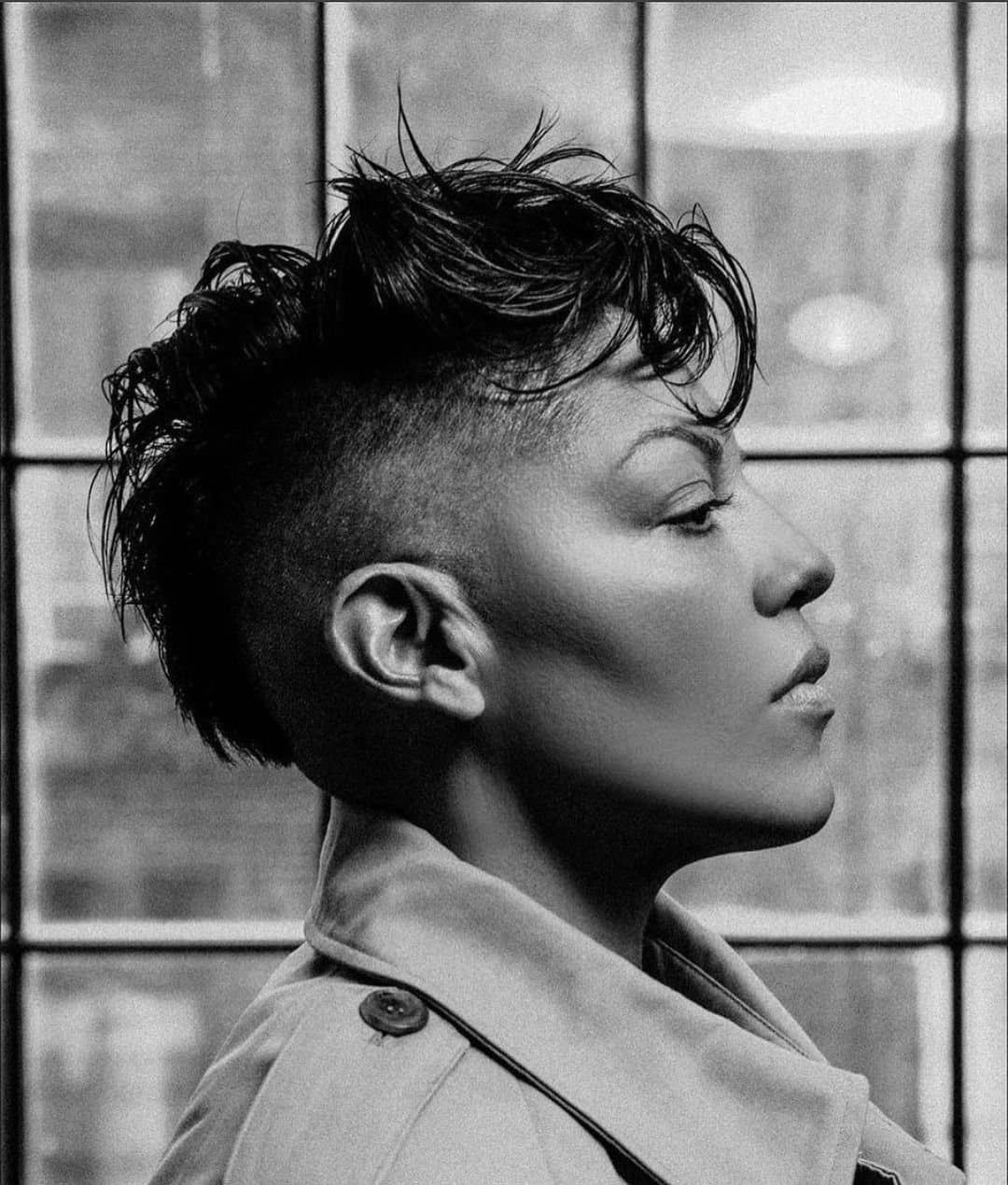
Sara Ramirez is a Mexican-American actress, singer, and activist best known for their role as Dr. Callie Torres on “Grey’s Anatomy.” Ramirez, who identifies as non-binary and bisexual, has been a tireless advocate for LGBTQ+ rights. Their portrayal of Dr. Torres, one of the longest-running queer characters on television, has significantly influenced the way bisexuality is understood and depicted in popular media. They’re also a Tony Award winner for their performance in the 2005 Broadway musical “Spamalot.”
More recently, they appeared in the “Sex and the City” sequel, “And Just Like That…,” portraying a non-binary, queer character and adding to LGBTQ+ representation in the media. Off-screen, Ramirez is heavily involved in LGBTQ+ advocacy, serving on the board of organizations like True Colors United, which works to combat homelessness among LGBTQ+ youth. They also support organizations like the Bisexual Organizing Project, ACLU, NDLON, The Task Force, and more. They have campaigned extensively for LGBT rights and lend their voice to marginalized communities. In 2023 and 2024, she has also been advocating and protesting for Palestinian liberation.
Stephanie Beatriz

Stephanie Beatriz is an openly bisexual actress of Colombian and Bolivian descent. She rose to popularity with her role as the tough yet endearing and relatable Detective Rosa Diaz in the popular comedy TV show “Brooklyn Nine-Nine,” which received nominations to the Golden Globes, Emmys, and Critics’ Choice Awards. She’s also known for voicing Mirabel Madrigal in the Disney animated movie “Encanto” and she appeared in the 2021 film adaptation of “In the Heights.” Beatriz has also been a voice actor in animated series like “Bojack Horseman” and “Hazbin Hotel.”
Beatriz publicly came out as bisexual when she retweeted one of Aubrey Plaza’s quotes from The Auction interview, adding “Yup.” Plaza’s quote read “I fall in love with girls and guys, I can’t help it.” She realized she was bisexual at an early age, around 13 years old, but she experienced biphobia from friends and family, so she kept quiet about it for most of her life. Now, she advocates for bisexual visibility and representation, inclusivity, and LGBTQ+ rights. In 2023, Beatriz told People, “Now I have a small platform of visibility because I’m on a fun and (if I do say so myself) damn good television show. I’ve chosen to use that platform to speak openly about my bi-ness, because of other people who may feel invisible and unsure of whether or not to come out as bisexual.”
MJ Rodriguez

MJ Rodriguez, of Afro-Puerto Rican descent, has made history as a trailblazer for transgender people, particularly in the world of television. Rodriguez’s groundbreaking role as Blanca Evangelista on “Pose” earned her critical acclaim and marked a significant milestone for trans representation on screen. Her work in “Pose” earned her an Emmy Award nomination and she became the first transgender woman to get that honor. Eventually, she won a Golden Globe Award for Best Actress in a TV Series Drama for her performance in the final season of “Pose.”
Rodriguez is open about her identity as a trans woman, leveraging her platform to call attention to issues affecting the transgender community. Her achievements, both as an actress and activist, inspire transgender and LGBTQ+ individuals around the world, especially Latinos and Afro-Latinos who can see themselves in her. Through her activism and work in the media, she’s one of the Latine figures helping not only change the conversation around LGBTQ+ rights and representation but also shape a more inclusive and accepting industry. In a recent interview with The Advocate, she stated, “If I can be somebody who is a hope to people around the world, especially LGBTQ+ people, then I guess I’m doing my job.”
Vicci Martinez

Vicci Martinez is a queer, Mexican American singer, songwriter, and actor. She’s known for the recurrent character, Daddy, in the successful comedy-drama Netflix Series, “Orange Is the New Black.” Currently, she’s voicing the character of Frida Khalo in the adult animated sci-fi sitcom, “Clone High.” She also appeared on “The Voice” as a contestant in 2011, where she impressed the judges during her blind audition with her cover of Adele’s “Rolling in the Deep.” Since then, she has released several albums, EPs, and singles, amassing a fanbase in Washington.
Martinez is openly lesbian and she has shared her story of coming out to religious Latino parents at the age of 16, something a lot of queer Latines can relate to. She has expressed her passion for inspiring others to be authentic. In an interview with TV Guide in 2018, she stated, “All I have ever wanted is to connect with people, and through music, I felt that was the fastest way to get to anyone’s heart. Now I have a new stage, but my intention is the same: to inspire people to follow their own authentic truth and desires so they can live joyful lives […].”
The strides made by LGBTQ+ Latine celebrities in the entertainment industry are both inspiring and transformative. These figures stand out because of their talent and the authentic, much-needed representation they provide for LGBTQ+ Latinos across the board. As they continue to break barriers, challenge stereotypes, and open doors for the next generation, they’re a great example of how pride and power can make a difference in the quest for visibility and equality.


